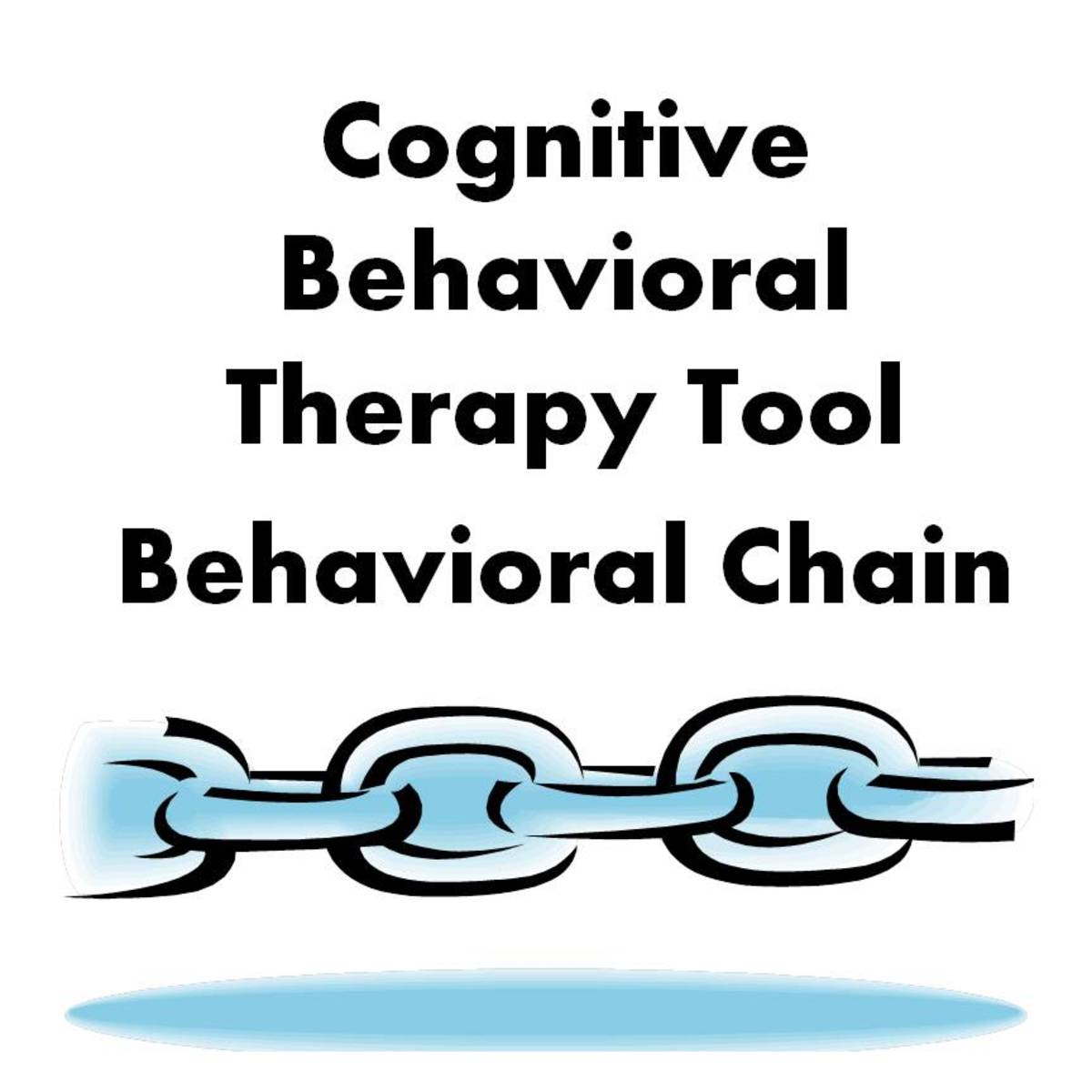- HubPages»
- Health»
- Mental Health»
- Mental Health Self-Help
Assertive, Aggressive, Passive Aggressive, and Passive People
Four Personality Types
Assertive, Aggressive, Passive Aggressive and Passive Personalities
What are these four personality types like?
We are all unique individuals. We each have ways of behaving, of communicating, of being as part of our daily lives. The way we perceive ourselves is the way we will act. When you combine all of our personality traits, we are one of a kind. Yet, we can also group our own and other people’s ways of interacting into four behaviors or types of communicators.
By looking at these four types of personalities, we can get an idea of how to handle people based on the way we behave and the way other people behave. By having some insight into other people’s behavior, you can have more successful relationships, learn to avoid some people, and create strategies about how to deal with people so that you have a more satisfying life for yourself.
Personality Types

Traits and Characteristics of People and Their Personalities
There are many types of personalities, many ways at trying to figure people out, many theories of personalities, and many categories people’s behaviors fit into. This is just one, that hopefully will help you become more aware about the people you interacting with and how to deal with them.
Let’s take a look at the four types of personalities:
-
Passive
-
Aggressive
-
Passive Aggressive
-
Assertive
Everyone around us, and everyone of us fits into one or more of these personality types. Most of us are mixtures, with one type being more dominant than the others.
These descriptions are extremes. For a person to be aggressive, passive, passive-aggressive, or assertive, they don’t have to be everything in the description. Even recognizing some of these traits is an indication of that type of personality type, and remember, most of us are a combination of these four behaviors.
Passive People

Passive People
Passive people hide their true feelings, desires, needs, wants, and opinions. Passive people look to avoid confrontation, don’t speak up for themselves, and feel frustrated when their own needs are not met. They want to please other people, and in the process, let themselves be taken advantage of. Passive people may lack self respect, self confidence, and self doubt. When these people put their own needs last, they give up their true selves and may even have difficulty developing close relationships. Passive people don’t communicate their needs and can end up feeling miserable, resentful and angry. They can also end up being a doormat, being taken advantage of, and not gaining the respect of other people.
Passive Aggressive People

Passive Aggressive People
Passive-Aggressive people conceal their aggression. What they show the world is different from their true feelings. They will come across as sometimes the nicest people, very likable, and even charming. But they are merely acting. Beneath the veneer is a person who feels contempt, resentment, negative thoughts, and anger that they feel they cannot show anyone. Passive aggressive people do don what to show their aggressive so they put up a front of being a passive person. To avoid confrontation they will agree to other people’s requests, but not really do it, do it wrong, or make resentful comments about doing it. They hide their feelings to avoid confrontation and then frustrate the other person to vicariously release their own anger by watching the other person get angry and frustrated. It is difficult to be in a relationship with a passive aggressive person because they are not being straight forward. It is difficult to have conflict resolution when there is not honesty in the relationship. Passive aggressive people generally have a low self esteem. Read more about passive aggressive behavior by clicking here.
Aggressive People

Aggressive People
Aggressive behavior is characterized by force and intimidation. Aggressive people impose their opinions, wants, desires, needs on others using vocal or physical pressures. They may yell, or be physically abusive. They are trying to intimidate other people into consenting, conceding, or acquiescing into their demands. Aggressive people seldom have empathy and respect for others. They are often uncompromising, and not good listeners. Aggressive people can have difficulties with their personal relationships, because they are so demanding, and nonreciprocal.
Assertive People

Assertive People
Assertive people tend to be good communicators. An assertive person understands how to stand up for themselves and to express their desires, needs, opinions, and wants in a respectful manner. They are able to clearly state what they want without imposing their ideas on others. They generally are open communicators and behave in calm and polite ways. Their courteous nature shows respect for others and in this way they command respect from others.
Assertive people are usually willing to listen and to compromise. This is the best type of relationship to be in. Assertive people can have relationships that are honest, mutually respective of each other, and built on a solid foundation of good communication, and truth.
Assertiveness is a necessary communication skill in order to get what you need. The way we think, the way we behave, the way we react toward other people and everyone around us allows us to stand up for our rights, respecting the rights of others, and getting our needs and feelings met. How we communicate our wants, needs, and desires while also considering the wants, needs, and desires of others creates balance in our relationship with those we encounter on an everyday basis.
4 Personality Types

Personalities and People Interact
When it comes to interacting with other people, we may change from style to style depending on who we are interacting with. For example, we may relate with our family in a completely different way to our work colleagues.
PASSIVE
When someone takes on this style of relating, they are very unlikely to take action to meet their own needs, they are not committed to their own rights and are more likely to allow others to infringe upon their rights and feelings. Some typical behaviors of the passive style are:
-
Use of “fill-in” words; “maybe, just, I don’t suppose, sort of,” etc.
-
Self-putdowns; “I am hopeless at this,” etc.
-
Over use of apologies and permission seeking.
AGGRESSIVE
People relating aggressively usually believe strongly in placing their rights above others, if they consider others to have the same rights at all. Typical behaviors of the aggressive are:
-
Opinions expressed as facts.
-
Deflecting blame on to others, heavy use of assumptions about others.
-
Sarcasm and put downs directed at others.
PASSIVE-AGGRESSIVE
A passive-aggressive disregards the needs and feelings of others much like an aggressive style, however they operate more in line with the passive style in that they are not willing to express their needs and feelings openly. A passive-aggressive will seek ways to meet their needs in a more covert, roundabout or sneaky way. Typical passive-aggressive behaviors include:
-
Being jealous & feeling threatened by the success of others.
-
Speaking negatively about someone behind their back.
-
Expecting others to be aware of your opinions and feelings without discussing them.
ASSERTIVE
When we relate assertively, we accept and respect our own rights and feelings and the rights and feelings of others, simultaneously. Someone who relates assertively generally displays these traits:
-
The ability to distinguish between facts and opinions.
-
Use of suggestions rather than weighted advice or commands.
-
Use of questions to find out the thoughts, feelings and opinions of others.
Effective Communicators

Assertive People are the Best Communicators
The best communicators are assertive people. Being assertive can help you handle situations before they get out of control. It takes confidence and a skill to have tough conversations with people. It is not always wise to keep silent, to be passive when you don’t agree or you see difficulty in what is going on. Acting aggressively can have negative effects on any relationships. And of course, passive aggressive people will destroy a relationship because of their secretly spiteful ways.
Anyone can learn to be more assertive if they want to. It is a matter of starting with small steps that lead to successes and greater confidence in taking more steps towards being assertive. An important ingredient of being assertive is learning to say no see other hubs. No is a full sentence. Passive people worry that saying no will lead to disapproval, or that they are being selfish. Saying no is setting boundaries and healthy limits that lead to healthy and positive relationships. Assertiveness takes a certain amount of toughness. Individuals who are people pleasers tend to be passive. Passive people hate to tread on other people’s toes. They actually leave themselves vulnerable to being used by those who know they can take advantage of these people who don’t lookout for themselves. Being assertive is important to your own well being. People pleasers sometimes find it easier to speak up for other people than they do for themselves. If you are a people pleaser, try to think of yourself as if your were someone else. Your assertiveness may come out. Another part of being assertive is expressing your needs and feelings. Be clear, be straightforward, be honest, and be complete in your thoughts. By saying exactly what you want, you are more likely to get back what you need. Being assertive takes insight into who you are. By giving yourself the necessary tools to express yourself, to feel good about yourself, to give yourself perspective on what you are doing for yourself, you will want to become more assertive. You have rights and assertiveness gives you rights, self fulfillment, and emotional freedom. These are things you deserve.
Four Personality Types Everyone Fits Into

What Personality Type Do You Most Likely Fit
Dealing with People and Their Personalities
Which Personality Type Do You Find the Most Difficult to Deal With
Read More About Personalities from ToKnowInfo
Passive Aggression and Marriage
Dealing with Passive Aggressive People
Dealing with Frustrating People : Passive Aggression
Dealing with Passive Aggressive People
Causes of Passive Aggression
Passive People Pleasers
Being a People Pleaser
People Pleasers and Happiness
People Pleasers and Passive Aggressive Relationships
People Pleasers and Learning to Say No









